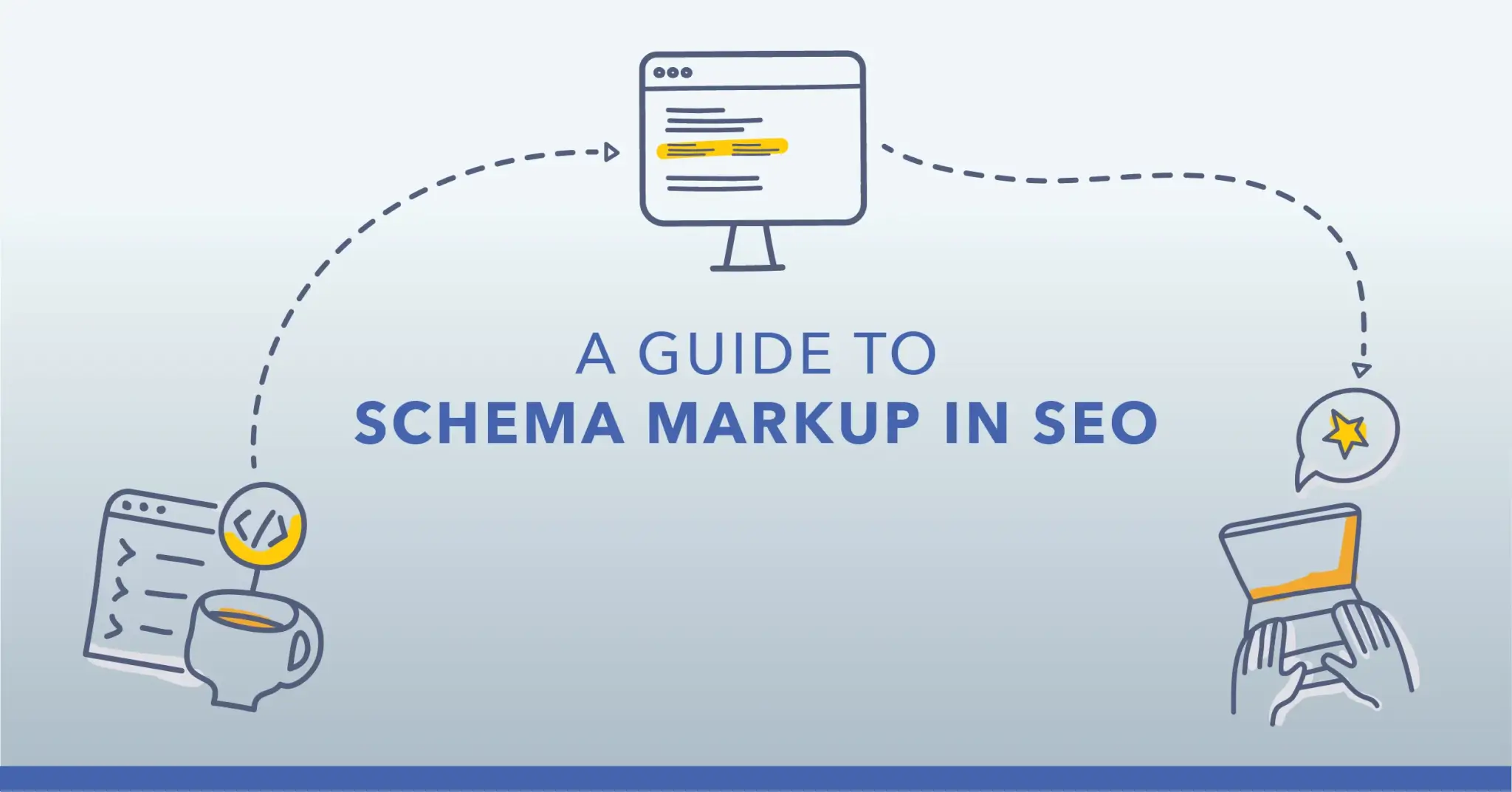Content marketing is one of the most powerful ways to bolster the online reputation of your brand. Combining creativity with in-depth research and SEO skill, it’s both a direct contributor to your webpage’s success in SERP rankings and a perfect example of the power of SEO. That’s because it rewards meticulous research, knowledge and effort, and lazy strategies or tired sales techniques are penalised.
When used to its full potential, content marketing is a way to transform your brand in the minds of your online customers – what could just be a shop window for a product or service becomes a valuable and trusted resource in its own right, somewhere that searchers will click through to even if they’re not thinking about making a purchase. And that’s just about the most powerful tool you can have.
Here we’ll explain what content marketing is, how it’s different from traditional marketing and why it should be at the centre of your digital growth strategy.
What is content marketing?
Think of an old advertising slogan and it’s most likely something that tells you how great a product or service is, why it’s better than its competitors and why you shouldn’t hesitate to part with your cash. But marketing has evolved, and audiences aren’t so easily sold to – so you need something that shows why you’re the brand to buy from.
That’s where content marketing comes in. Content marketing involves copy writing that’s informative, relevant content that shows the authority of your brand and stands up by itself as a resource. For example, if you’re in the business of selling jeans, a few pages of product descriptions aren’t going to get you as far as content marketing would.
Creating blog posts and informational pages about types of denim, different leg fits and how to find the right jeans for your size is going to draw in a much wider customer base – because they can stumble right across your website while looking for information.
Essential elements of a content marketing strategy
Branching into content marketing doesn’t just mean bumping up the word count of your webpages or trying your hand at a couple of blog posts. You need a strategy, and that means researching what your prospective customers are looking for online, answering their questions and talking like they do. Here are some of the best practices to remember:
Have a clearly defined audience
Knowing your audience is about taking the time to understand them and how they behave online. That doesn’t mean sitting around and focus-grouping an archetypal customer called Steve who’s 53, reasonably affluent and likes golf.
It means using your keyword research to its full potential and finding out what specific queries your target customers are typing into Google. What questions aren’t being answered? What gaps in online resources can you fill? And crucially, which ones are your competitors already answering that you could do better?
Define SMART goals
SMART stands for specific, measurable, achievable, relevant and time-bound – but it’s not just a clever acronym for writing on a whiteboard. Keeping SMART in mind when planning a content marketing strategy means you’re targeting customers in a planned, methodical way and making realistic gains one piece of content at a time, rather than trying to turn things around in one go.
Taking the time to actually understand what you’re setting out to do – in clear, specific terms, rather than simply “to increase conversions” for example – means creating content that works for you and keeps delivering in the long run.
Have a clear value proposition
It sounds like an obvious question, but what does your business do? Before you start reeling off your products or services in your content, take a moment to put yourself in the shoes of the customer and imagine what they’re looking for – and what will draw them to you.
What’s unique about what your company offers? What are you putting in front of your online customers that nobody else is? What makes a competing brand more successful than yours and how can you reverse that? Having clear answers to these questions helps bring clarity to your content – giving you a value proposition that cuts through the online noise and speaks directly to the customers you’re targeting.
Establish a strong brand identity
Your brand is much more than a name or a logo – the most successful brands in any sector stand out online because they have a personality. Don’t think about how you see your business but about how other people see it.
Using content marketing to give your brand a clear and consistent identity means creating a tone of voice and using it recognisably and reliably through each piece of content that you create. The stronger your tone of voice is, the more effectively it can lodge your brand in the mind of consumers – they can start to recognise who you are when they stumble across one of your blog posts. That familiarity helps to build the kind of trust and authority that’s central to successful SEO.
Track metrics for success
Content marketing isn’t about sending carefully crafted pieces of content out into the online ether and hoping for the best. Taking that approach will ensure that you never learn anything from your content and your online growth is limited.
Tracking the performance of your content closely and consistently after it’s been published means you can spot where you’re going wrong and constantly improve your performance. The demands of the digital marketplace never stand still and your customers are always looking for something new – and tracking metrics keeps you a step ahead. Your content should answer the questions being asked by your customers, but it should always be looking to answer them better.
Why is content marketing important?
Content marketing is a winning strategy in all sorts of sectors because of its simplicity – you’re not trying to play a game with customers or find ways to convince them you’re their best option.
You’re simply showing them why they can rely on you by giving them what they’re looking for. That’s why content marketing delivers benefits like these:
Retain your audience
Good quality will keep people coming back. The more you create positive online experiences for your customers the more they’ll come to rely on you as a trusted source of information and, ultimately, whatever product or service you’re selling. The aim is to become their go-to brand, to form online habits that last – and content marketing keeps you at the forefront of your customer’s minds.
Promote lead generation and increase conversions
Making sure your content is peppered with CTAs (calls to action) – but not stuffed with them – helps to strike the right balance between heavy-handed sales tactics and a gentle nudge towards your product or service. Giving your reader plenty of opportunities to click through to your landing page can generate leads and make them more likely to purchase from you in the future, even if they don’t on this occasion.
In turn, your content can increase conversions by helping customers feel like they’re making an informed purchasing decision and boosting their sense of connection to the brand.
Rank higher in the SERP
Keeping up production of high-quality content can have a direct impact on your page’s ranking in a Google SERP. Trust and authority are key aspects of successful SEO, helping to increase the visibility of your site online – but there’s really no way to fake them. Only putting in the effort to become a trustworthy source of information can create that genuine brand authority that Google looks for.
Improve brand awareness
Ranking at the top of a SERP is invaluable, but it’s not the only way for your brand to become more visible online. Good content marketing builds brand awareness by putting your brand everywhere that customers might stumble across it – and giving them an experience that means they’ll remember the brand and come back for more.
It’s one thing to make sure your customers can find you when they’re looking for you, but it’s another to make sure they can find you when they’re not – and content marketing plays a key role in widening your brand’s visibility.
Increase the authoritativeness of your website
If your website builds a reputation as a credible place to find information, this is reflected in its standing with Google – and helps to make you an authority in your industry. That reputation will not only keep existing customers coming back but bring in new customers too – if they’ve got no reason to go anywhere else, that’s when you know your content marketing is working.
Build trust with your website visitors
That sense of trust isn’t only about the authority of your brand, and the reliable information you provide. The key is to be perceived as offering value without asking anything in return, and making sure that your content is a destination in itself, rather than simply a means to get customers onto a purchase page. Consistently creating new content, rather than simply doing a ‘round’ of content marketing and waiting for conversions to roll in, is the way to make sure you retain that trust.
Set yourself apart from your competitors
Your competitors might have a content marketing strategy in place too, but you can be sure that there are gaps in what they’re offering, and questions that they’re not answering.
So when you’re trying to compete online, don’t just try to tick every box that a rival business is ticking – look at what they’re not doing and offer quality content that complements other peoples’, rather than just replicating it. Covering new ground is a much better route to online authority than answering the obvious questions.
Putting content marketing front and centre
Success in content marketing is about treating it as one of the foundations of good SEO. It can be easy to focus on technicals and metrics when trying to rank higher in a SERP, so it’s always worth remembering that you’re dealing with people just as you would in a face-to-face business, and that offering them something they’ll return for is still the tried-and-tested way to bolster the online reputation of your brand.





































